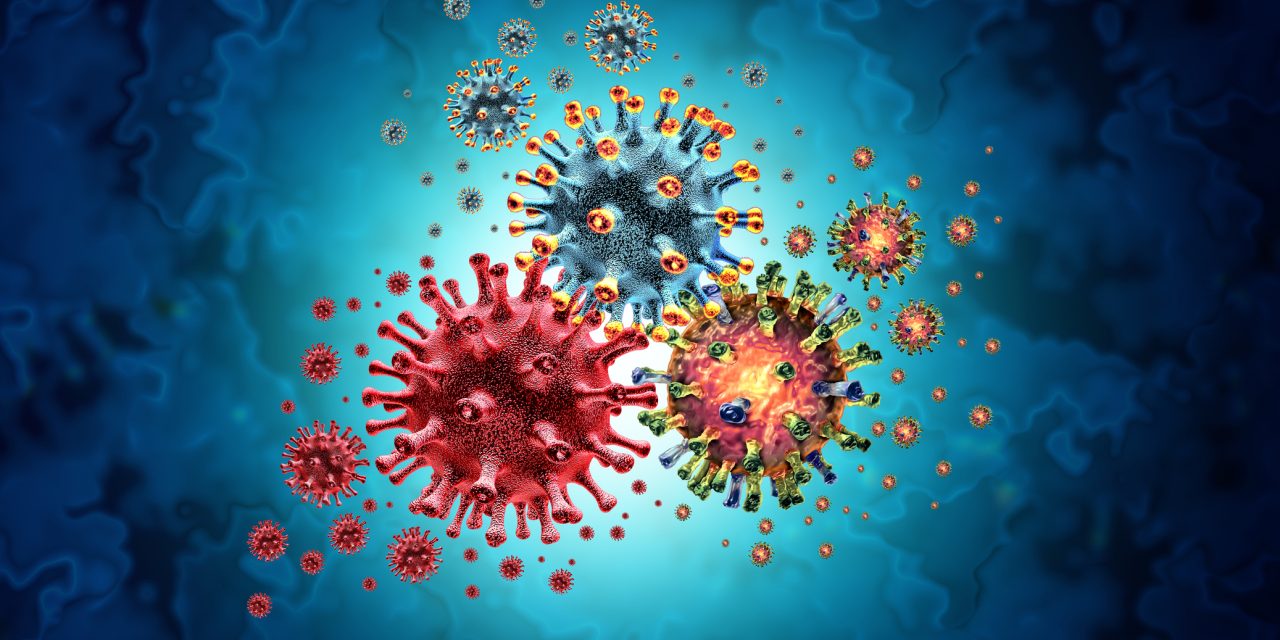The aim is to determine how Worldwide development of antimicrobial medication safe Escherichia coli succession type (ST) 131 is unparalleled among human microorganisms. Understanding patterns among ST131 clades will assist with planning anticipation systems. We screened E. coli from blood tests (n = 1,784) got in Calgary, Alberta, Canada, during 2006, 2012, and 2016 by PCR for ST131 and positive examples (n = 344) went through entire genome sequencing. The occurrence rate per 100,000 inhabitants expanded from 4.91 during 2006 to 12.35 during 2012 and 10.12 during 2016. ST131 had a place with clades A (10%), B (9%), and C (81%). Clades C1-nonM27 and B were regular during 2006, and C2 containing blaCTX-M-15, C1-M27 containing blaCTX-M-27, and A were liable for the increment of ST131 during 2012 and 2016. C2 was the most antimicrobial medication safe subclade and expanded dramatically after some time. Destroying ST131, all the more explicitly the C2 subclade, will prompt impressive general medical advantages for people in Calgary.
Therefore we conclude that Escherichia coli grouping type (ST) 131 is the quintessential illustration of a fruitful, worldwide, antimicrobial-safe, high-hazard clone among human microbes (1,2). Presently, ST131 is the most well-known worldwide extraintestinal pathogenic E. coli (ExPEC) clone; up to 30% of all ExPEC, 60%–90% of fluoroquinolone-safe ExPEC, and 40%–80% of ExPEC with broadened range.
Reference link- https://wwwnc.cdc.gov/eid/article/26/12/20-1221_article


